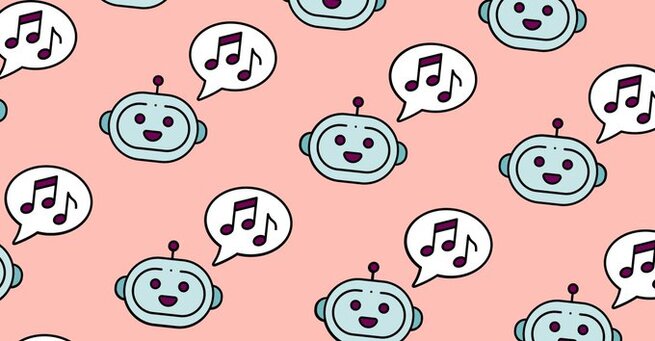
Is SoundCloud using your music to train AI? If you're a creator worried about how your tracks are treated, SoundCloud has confirmed it has never used user-uploaded music to train generative AI models. Despite quietly updating its Terms of Use in early 2024 to cover AI-related technologies, the company assures users that no content has been repurposed for artificial intelligence training without permission. SoundCloud also promises clear opt-out options if any future changes affect how your music might interact with AI development tools. Let's break down everything SoundCloud users need to know about AI, user rights, and future safeguards.
SoundCloud updated its Terms of Use in February 2024, introducing language about AI. However, Senior Vice President Marni Greenberg stresses that the platform has never used artist content to train AI models. In fact, SoundCloud has actively implemented technical protections, including a "no AI" tag, to prevent unauthorized scraping or use of content for artificial intelligence training.
According to Greenberg, SoundCloud currently uses AI tools strictly for enhancing platform experiences, such as providing personalized music recommendations, improving fraud detection systems, and optimizing content discovery algorithms. No generative AI development involving user content is taking place at this time.
Although SoundCloud has not used any uploaded music for AI training, its updated terms leave room for potential future applications. Should SoundCloud ever decide to leverage user content for generative AI models, the company states it will roll out clear and accessible opt-out mechanisms. This pledge addresses rising concerns among artists and creators about losing control over their intellectual property in an AI-driven world.
Despite SoundCloud's reassurances, some users and tech ethicists, like Ed Newton-Rex, have voiced skepticism regarding the company's communication practices. After noticing the updated terms via the Wayback Machine, Newton-Rex pointed out that SoundCloud users were not clearly informed about the AI-related changes. Although SoundCloud's terms promise "prominent notice" for major policy shifts, it appears many contributors—including seasoned journalists and musicians—never received any direct communication, such as an email alert.
This lack of transparency has led to calls for SoundCloud to improve how it handles future updates related to user data usage, AI ethics, and digital content ownership.
In an emailed statement to The Verge, Greenberg reaffirmed:
"SoundCloud has never used artist content to train AI models, nor do we develop AI tools or allow third parties to scrape or use SoundCloud content from our platform for AI training purposes. Technical safeguards, including a 'no AI' tag, are implemented to prohibit unauthorized use."
Greenberg also emphasized that any potential AI uses would prioritize creator consent, transparency, and clear opt-out options.
For independent artists and music producers, SoundCloud’s clarification offers some relief in a growing sea of uncertainty regarding AI and copyright. If you're uploading tracks to SoundCloud today, your content remains protected from being funneled into AI datasets without your explicit permission.
However, it’s wise to stay updated. AI policies in tech companies can evolve quickly, and creators should be proactive by monitoring changes, understanding their rights, and using platform tools to protect their intellectual property when needed.
SoundCloud has publicly committed to keeping creators’ rights front and center in the age of AI. While it retains the option to explore AI-related uses for user content, it pledges transparency and user choice moving forward. For music artists, producers, and other creators, SoundCloud remains a viable platform—but staying informed and proactive is more crucial than ever.
𝗦𝗲𝗺𝗮𝘀𝗼𝗰𝗶𝗮𝗹 𝗶𝘀 𝘄𝗵𝗲𝗿𝗲 𝗿𝗲𝗮𝗹 𝗽𝗲𝗼𝗽𝗹𝗲 𝗰𝗼𝗻𝗻𝗲𝗰𝘁, 𝗴𝗿𝗼𝘄, 𝗮𝗻𝗱 𝗯𝗲𝗹𝗼𝗻𝗴. We’re more than just a social platform — from jobs and blogs to events and daily chats, we bring people and ideas together in one simple, meaningful space.